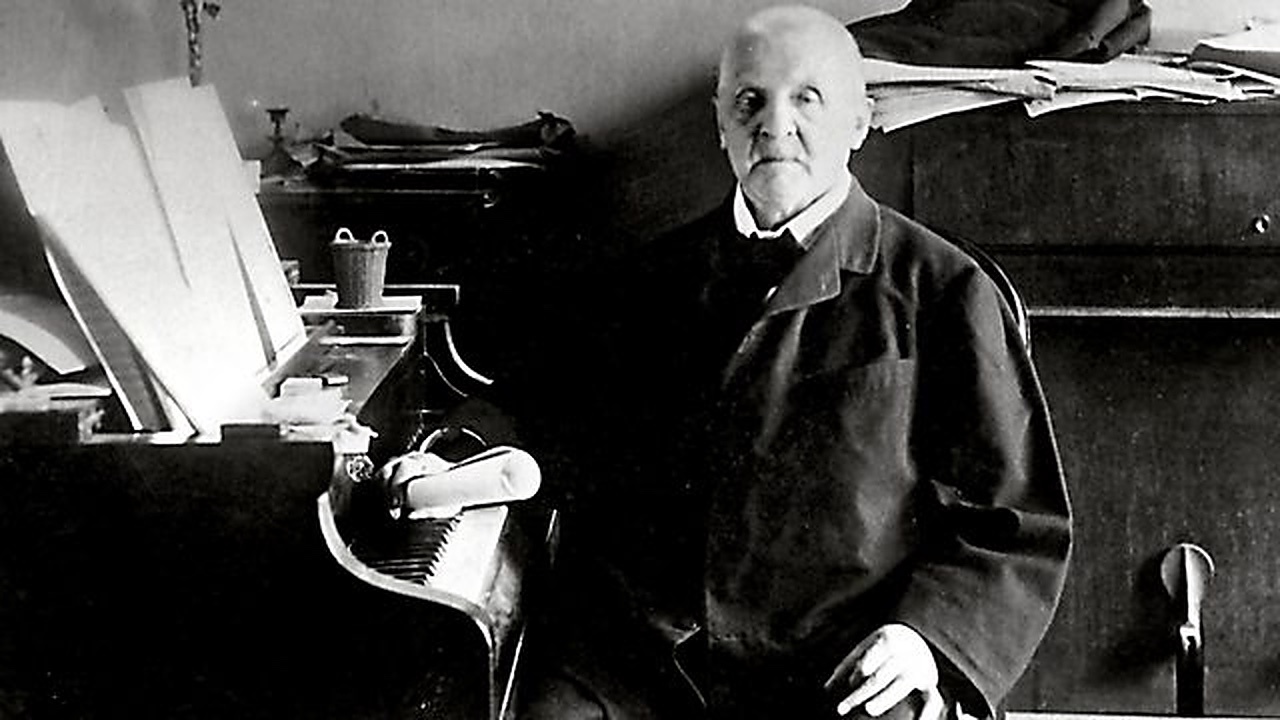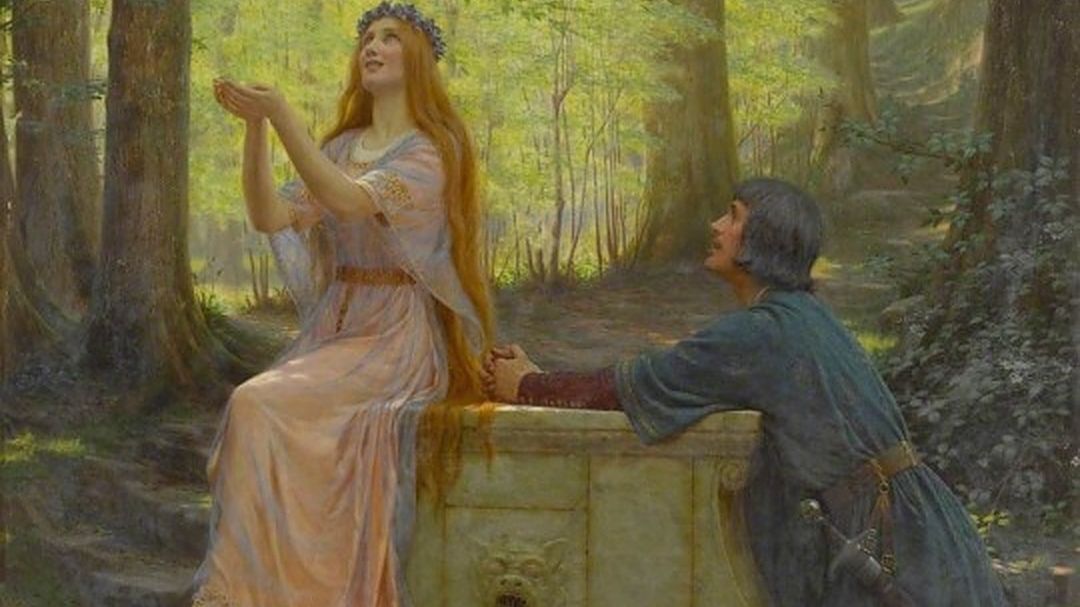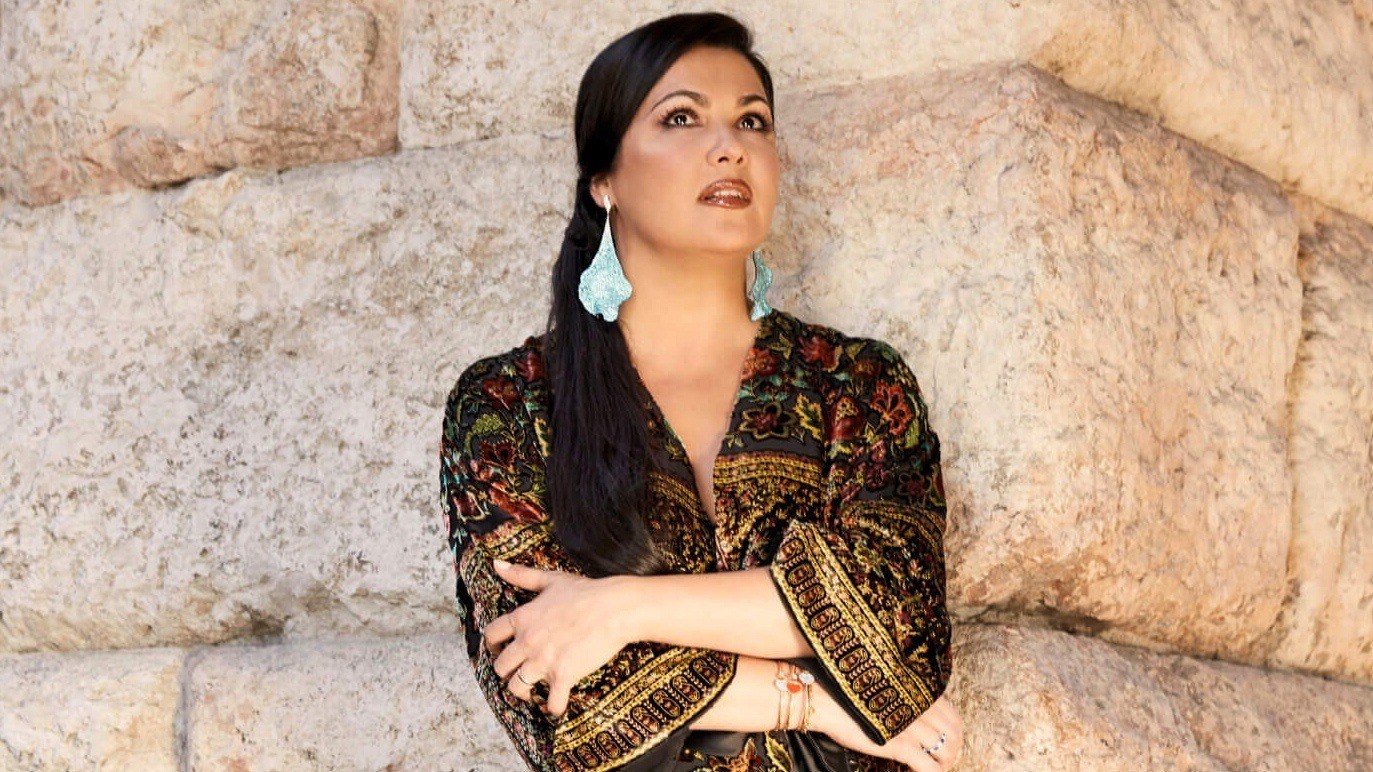Rimsky-Korsakov’s “Scheherazade”: Entering the Realm of the Imaginal
Nikolai Rimsky-Korsakov’s 1888 symphonic suite, Scheherazade, inhabits the realm of the imaginal. As its vivid “characters” spring to life, we encounter the magic and fantasy of a story within a story. Painted with a shimmering color palette, the four-movement suite was conceived by one of music history’s most innovative masters of orchestration. Rimsky-Korsakov touched on the dreamy, exotic nature of this music when he described Scheherazade as “a kaleidoscope of fairy-tale images and designs of Oriental character.” …







